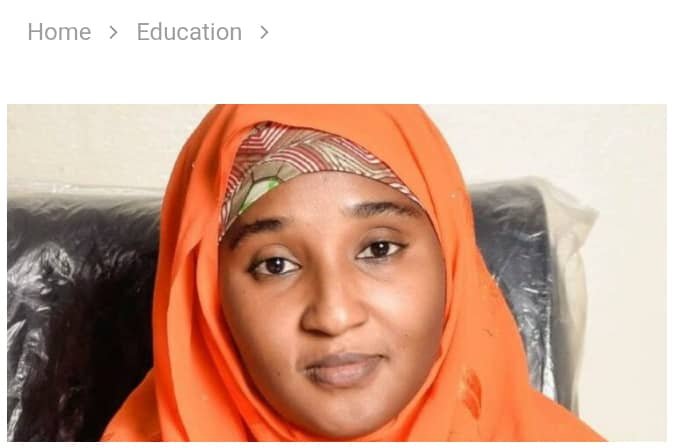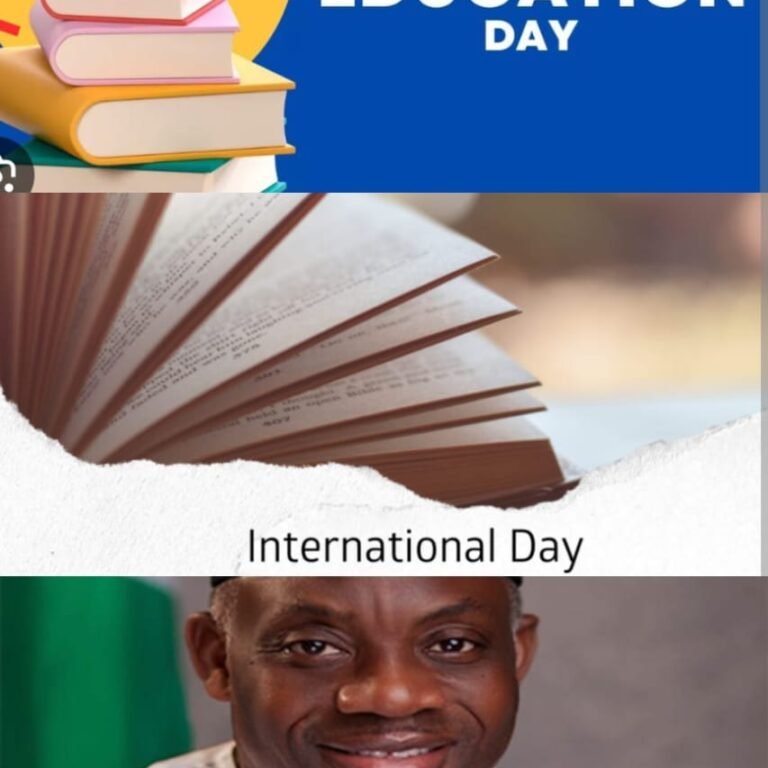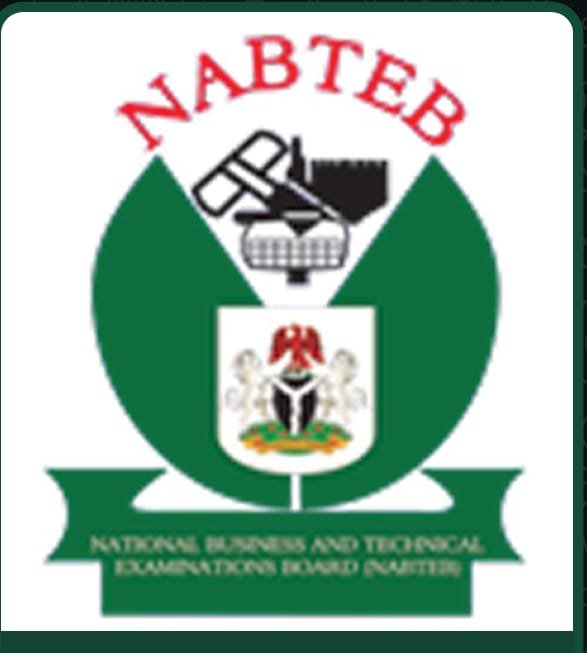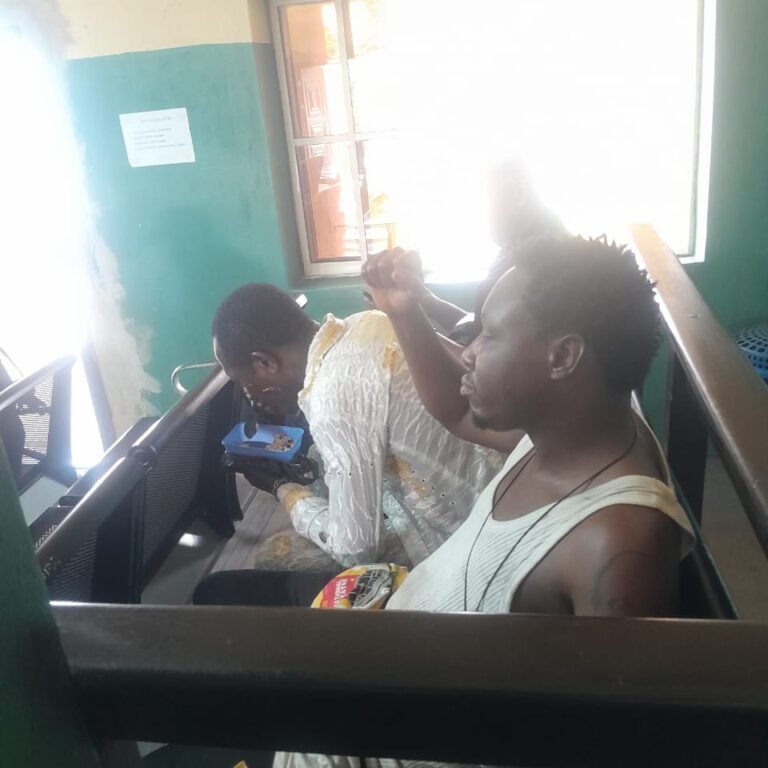
By Ihotu Uriel
In a bold step towards eradicating learning poverty, the Federal Government of Nigeria has unveiled a new education initiative under the African Union’s ELPAF Campaign a continent-wide effort to ensure that every child can read and understand a simple text by age 10.
The launch event, held in Abuja on Thursday, brought together key stakeholders in education, development, and governance. The Minister of State for Education, Prof. Suwaiba Ahmad, represented by the Ministry’s Permanent Secretary, Mr. Abel Enitan, described the campaign as a “critical intervention” aimed at reforming foundational learning across Nigeria.
“With more than 70% of 10-year-olds in Nigeria unable to read and comprehend a simple passage, we are facing not just an education gap but a developmental emergency,” she said.
Prof. Ahmad emphasized that learning poverty undermines national progress, posing a serious threat to human capital development, civic participation, economic empowerment, and social equity.
“Every Nigerian child irrespective of their background or location must have access to quality foundational education. Early-grade reading, basic numeracy, and socio-emotional learning must now be seen as a national priority,” she added.
The campaign, known as ELPAF (Education Learning Poverty Alleviation Framework), calls for urgent reforms in Nigeria’s basic education sector. Ahmad highlighted persistent structural challenges such as:
Underfunded and overcrowded classrooms
Inadequate teacher training and poor welfare
Dilapidated infrastructure
Limited access to teaching and learning materials
She outlined a multi-pronged strategy that includes:
Increased investment in education
Improved pedagogy and targeted learning interventions
Upgraded teacher recruitment, training, and welfare
Robust data systems to track real-time learning outcomes
Also speaking at the event, Dr. Omolara Oludoun, Assistant Director of Bilateral, Commonwealth, and African Affairs, announced that Nigeria is among the first 25 African nations selected for the pilot phase of the ELPAF campaign.
“This is a turning point for Nigeria. Learning poverty is symptomatic of deeper issues—inequality, poor governance, poverty, and systemic inefficiencies,” she noted.
Dr. Oludoun praised the African Union and its partners for their coordinated efforts and vision for transforming education on the continent. She urged Nigerian policymakers, educators, and stakeholders to take full ownership of the campaign and drive meaningful change at all levels.
The ELPAF campaign aligns with the African Union’s 2063 Agenda and the United Nations Sustainable Development Goal 4 (Quality Education), reaffirming Nigeria’s commitment to ending learning poverty and ensuring inclusive, equitable education for all children.








